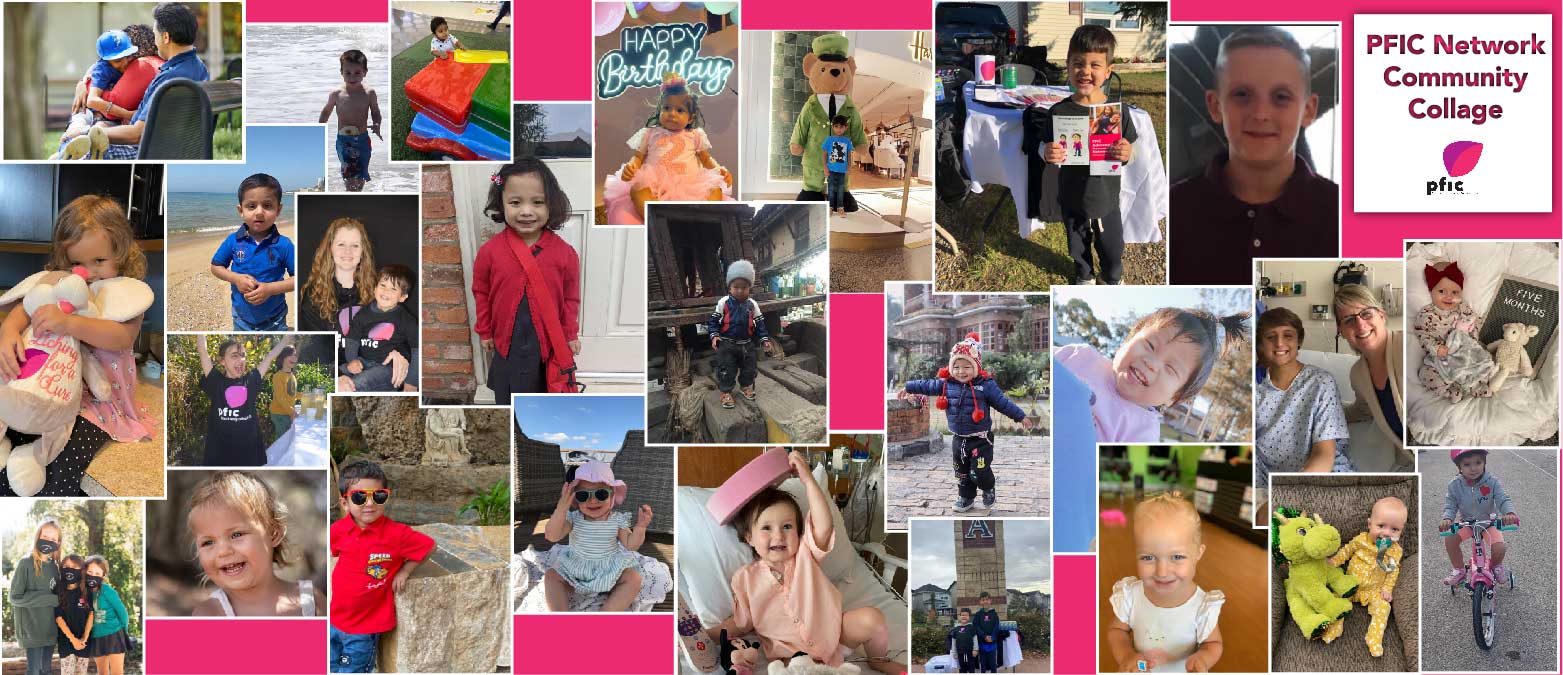2021 PFIC Network Small Grant Award
Background
Despite the challenges of rare disease research, PFIC Network is committed to improving treatment options, slow disease progression, and ultimately finding a cure for PFIC diseases. The Small Grant Program is designed to contribute to this mission by funding research that leads to improvements in the lives of PFIC patients and their caretakers. The 2021 PFIC Network Small Grant Opportunity focuses on improving the assessment of aspects of PFIC diseases. Rigorous and reliable assessment is needed to facilitate the study of disease development and variability. Improved assessment can also support the development of a database that permits the study of treatment response and that can contribute to the advancement of integrated treatment strategies.
Award Information
In this cycle, PFIC Network awarded one small grant with a budget limited to $30,000. The award period is one year.
This year’s award recipient is Dr. Paula Hertel, MD. Dr Hertel works in the Department of Gastroenterology at Texas Children’s Hospital. Learn more about Dr. Hertel, her qualifications, and the work she does by visiting her biography on the Texas Children’s Hospital website.

What Does the Research Entail?
Dr. Hertel provided us with a detailed overview of what the research study hopes to accomplish in an easy to understand breakdown. Read all about the study:
LAY SUMMARY: “Serum Lysophosphatidylcholine, Bile Acids, and Pruritus in Progressive Familial Intrahepatic Cholestasis: A Study Utilizing the ChiLDReN Network”
Paula M. Hertel, M.D.
Pruritus (itching) is a significant complication of the PFIC disorders, with potentially devastating impact on quality of life. Promising surgical and medical treatments are in development, and the study of these potential treatments, as well as care of patients who suffer from pruritus due to PFIC, depends on accurate assessment of severity and changes in severity of pruritus over time. Instruments such as scored questionnaires and measurement of blood levels of bile acids (which accumulate in the blood when bile flow is impaired in the liver) are currently the standard means of assessing pruritus associated with liver diseases, including PFIC, but these tools have limitations.
Lysophosphatidylcholine (LPC) directly interacts with skin cells (keratinocytes) and leads to signaling in the central nervous system that causes itch.1 It causes a strong scratching response in mouse studies, and LPC levels in the blood of adults with primary biliary cholangitis (a particular type of liver disease affecting adults and often associated with itching) correlate strongly with degree of itch in these individuals. As such, LPC is a highly promising novel tool for assessing the severity of itch in PFIC.
We have previously published an analysis of disease features at time of study enrollment in a large cohort of children with PFIC (types 1, 2, and 3) using data from the National Institutes of Health “ChiLDreN” Network (Childhood Liver Disease Research Network).2 Our aim in this proposal is to examine long-term follow up data in this same cohort, and to assess the viability of serum LPC as a marker for pruritus in children diagnosed with PFIC and whom have blood specimens stored in the biorepository.
Briefly, our Specific Aims are as follows:
AIM 1: Measure LPC levels in serum specimens from 89 children with PFIC (types 1, 2, or 3)
enrolled in the ChiLDReN Network and determine association between LPC levels and scratch
scores obtained on the same day. We anticipate that LPC levels will directly correlate with
scratch scores.
AIM 2: Measure serum bile acid (SBA) levels in serum specimens and determine degree of
association with SBA, LPC, and scratch scores. We anticipate that LPC levels will more closely
associate with scratch scores than SBA levels.
AIM 3: Assess the changes over time in LPC and SBA and determine if these levels are
associated with progression of liver disease/scarring. We anticipate that children with higher
LPC and SBA levels will be more likely to develop advanced liver disease and/or necessitate liver
transplant.
REFERENCES
- Chen Y, et al. Epithelia-sensory neuron cross talk underlies cholestatic itch induced by
lysophosphatidylcholine. Gastroenterology 161(1):301-317, 2021. PMID: 33819485 - Hertel PM, et al. Mutation analysis and disease features at presentation in a multi-center
cohort of children with monogenic cholestasis. J Pediatr Gastroenterol Nutr
73(2):169-177, 2021. PMID 34016879.
